When it comes to maintaining your Toyota, keeping things running smoothly is top priority. If you’re like most people, you probably have a lot of different people telling you what kind of maintenance you need for your car. Everyone from your mom to your neighbor has advice.
But maintenance needs and requirements differ from car to car, and what works for one type of vehicle might not be the case for all vehicles. And you won’t necessarily be able to determine what your car needs just by looking at a schedule. Over time, parts will need to be dismantled and cleaned or repaired by an expert to keep them working properly. And even if your vehicle is brand new and running perfectly right now, it’s going to require regular maintenance and care to keep it in great shape.
At Beaverton Toyota, we know how important it is to keep your Toyota in tip-top shape. Here’s our detailed Toyota maintenance guide to help you keep your Toyota running smoothly for years to come:

Regular Oil Changes Are Key
Oil changes should be performed at least once a year and even more often if your car is old or has low oil pressure. The reason for this is simple: when the oil is dirty, it can cause your engine to overheat and break down. Overheating can also damage your engine and make it difficult to start.
If you don’t regularly perform oil changes, you’ll start to experience these problems much earlier in your car’s life. The next time you have a problem with your car, you could end up spending a lot of money repairing the damages. And those damages are likely to shorten the life of your vehicle.
A good rule of thumb is to do oil changes every 5,000 or 10,000 miles, depending on what oil you’re running.
The best part is that you don’t need to spend a fortune on oil and filter changes every time you need to do it. Beaverton Toyota provides a great service called ToyotaCare, which is designed for new Toyota vehicles. ToyotaCare is two years of roadside assistance and no-cost maintenance, including oil changes, tire rotations, and multi-point inspections.
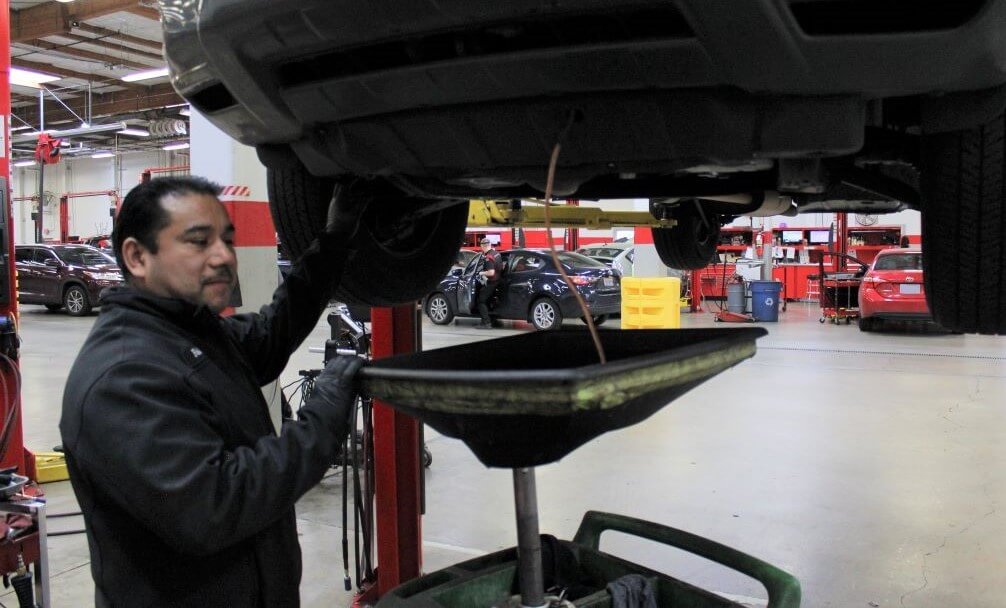
Watch for Warning Signs
One of the most common things that can let you know whether there is something wrong with your car is something called a “check engine light.” Toyotas have many different warning signs built into their electrical systems to let you know that something isn’t quite right through a light on the dashboard. The warnings could mean something as simple as needing to put air in your tires, but when you see the check engine light, it’s essential to get your car checked out by a technician as soon as possible.
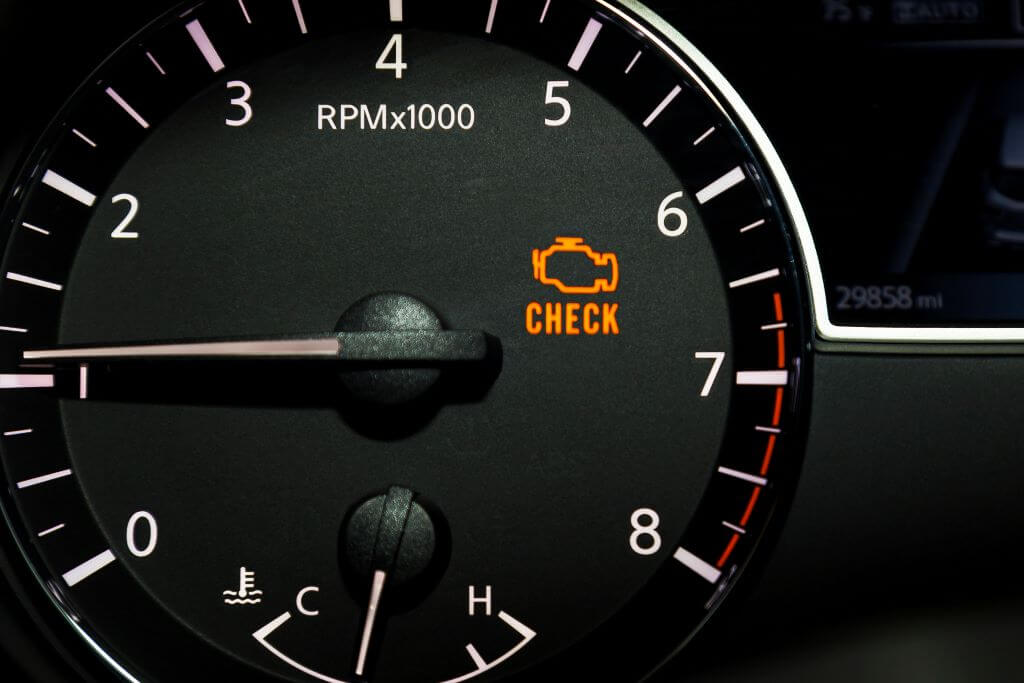
Look Out for Leaks and Problems Before They Grow Worse
A common issue with many vehicles is that they can start to leak oil around the engine. Leaks can also occur in other parts of your car, such as antifreeze leaking from the heater system or fluid leaking from the brakes.
Leaks can be hard to notice, so inspect your engine bay regularly and always keep an eye out for puddles on the ground right below the engine after leaving your car parked for a considerable amount of time.
If you ever notice that your car is leaking any kind of liquid, it’s essential to take it to a technician as soon as possible. Not only will they be able to fix the leak and prevent any further damage, but they may also have other suggestions for preventing future issues.
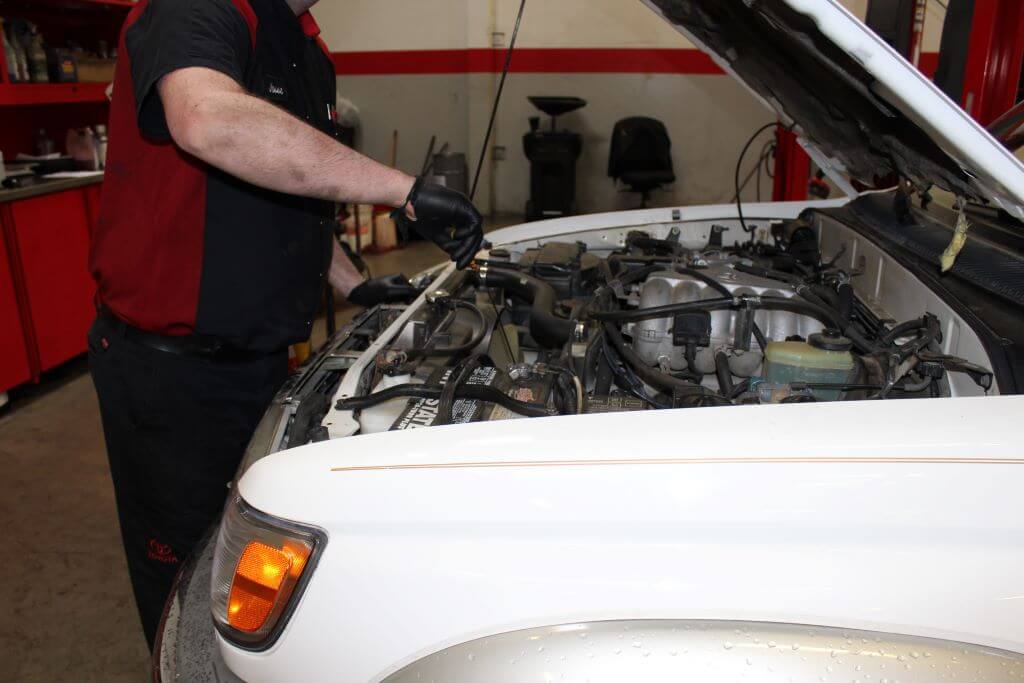
Take Care of Your Tires
Tires are a big part of your Toyota’s performance, and you need to keep them in good condition if you want your car to run smoothly and continue to get great mileage. The tires on your new or used Toyota should be rotated every 5,000 miles. This will ensure equal wear on your tires and help preserve their durability.
It’s also important to check the tire pressure regularly and to avoid driving on tires that are low on air. This can cause additional wear to your tires and shorten the life of the treads. If the low air pressure light appears on your dash or you notice that your tires look flatter than normal, take a minute to check the pressure and fill up if needed.
Finally, watch your tire treads. The depth of the treads affects how well your tires grip the road and handle potential hazards, such as wet or icy roads. Use the penny test to make sure your tires still have plenty of life left in them.
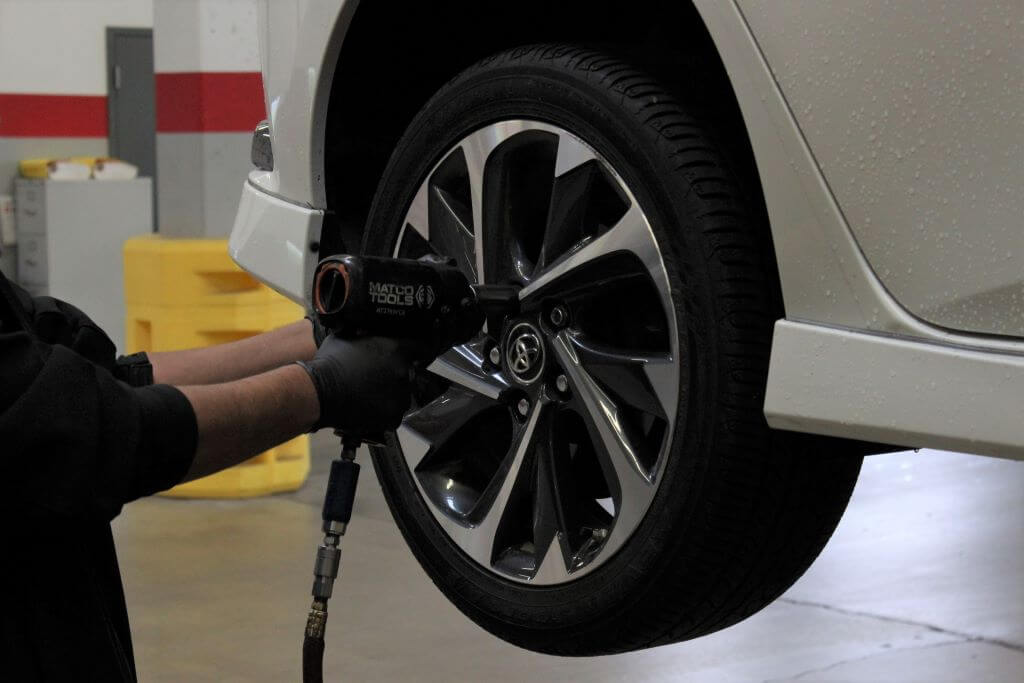
Test Your Battery
In the moderate climate of the Pacific Northwest, you can expect your battery to last an average of three to five years, but that doesn’t mean you can just install it and forget it. The battery is vital to the functioning of your car—it powers all your Toyota’s electronics—so it should be regularly checked for any corrosion or buildup on the terminals. If you notice that your vehicle is having a hard time turning over, or it needs to be jumped after long periods of inactivity, this could be a sign your battery is nearing the end of its life span.
When you visit a service center like Beaverton Toyota, your technician will test your battery regularly and make sure it’s still running strong.
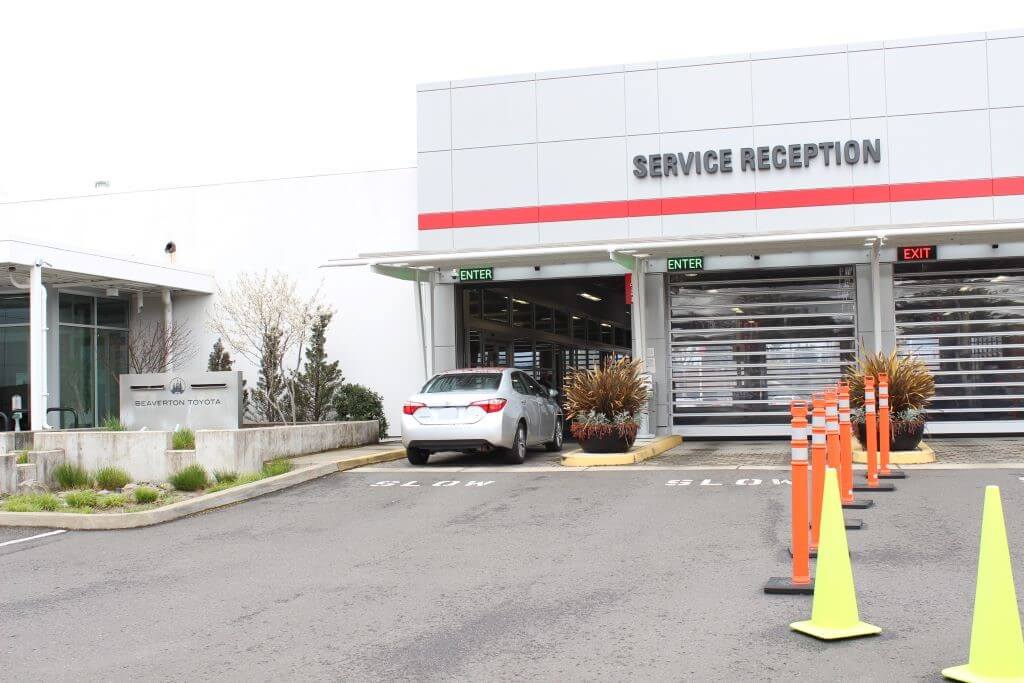
It’s not always easy to keep your car running smoothly and efficiently, but with a little bit of effort, you can meet the challenges, maintain your Toyota properly, and even improve its performance. Follow our simple maintenance guide and make sure to schedule regular maintenance appointments with your Toyota technician. Toyotas are known for their longevity, and when you take good care of your vehicle, you can feel confident it’ll take good care of you for years to come.





